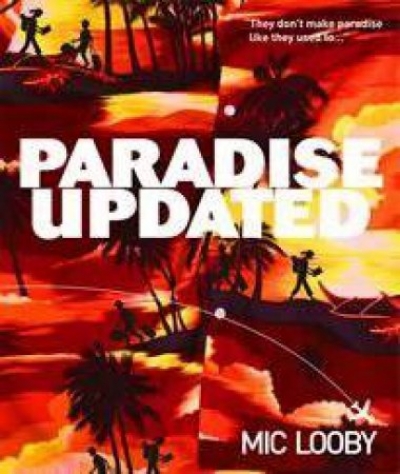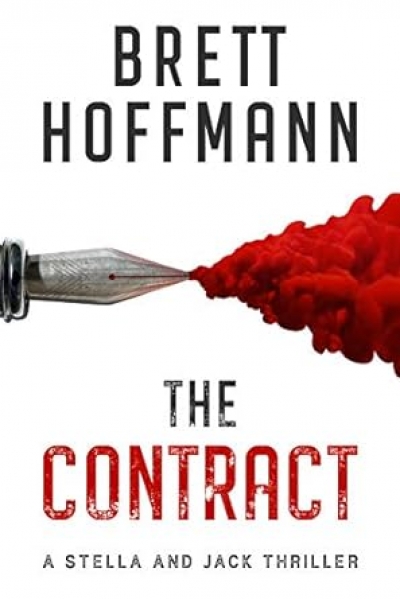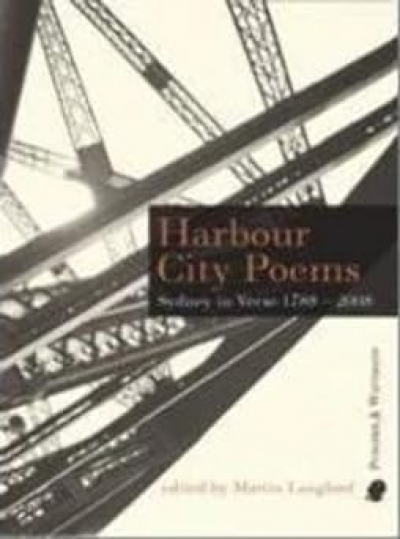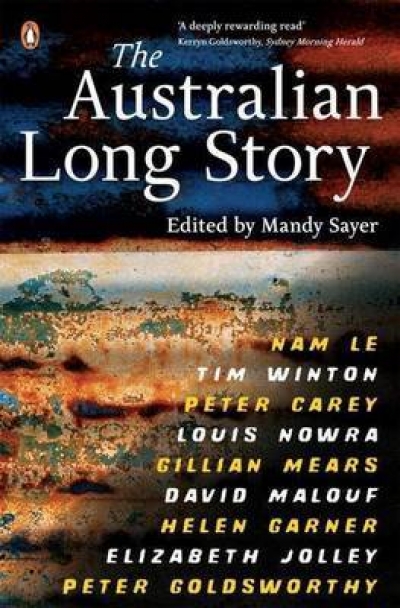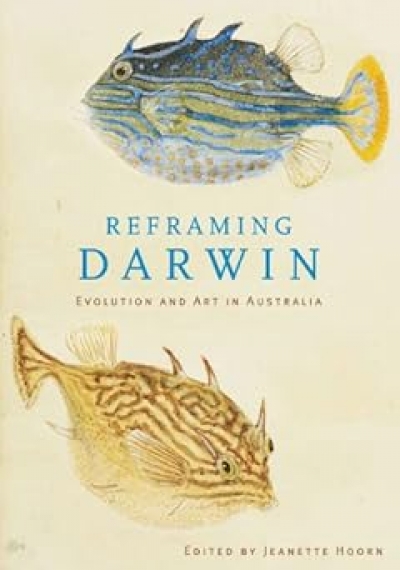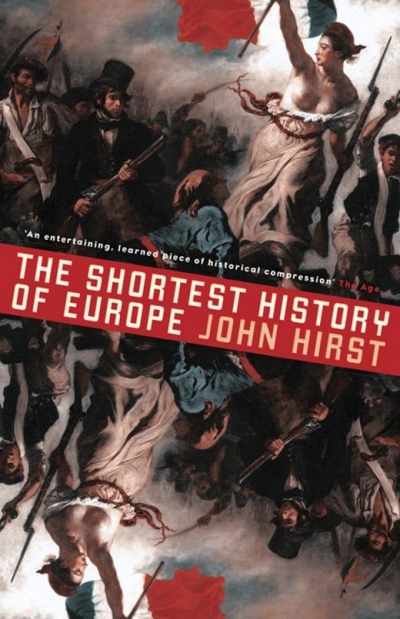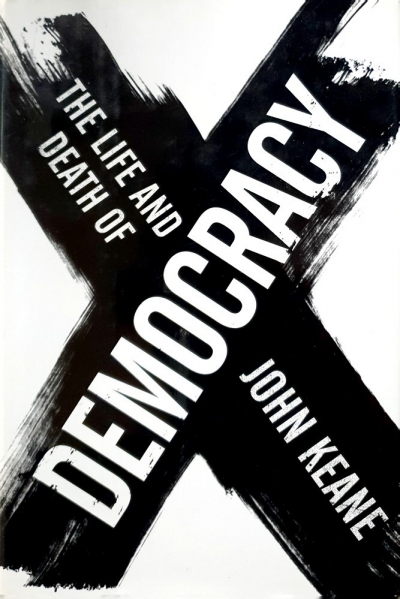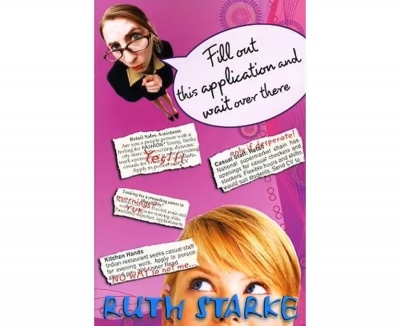Archive
The line between picture books, graphic novels and comic books is becoming increasingly blurred as picture books adopt elements from a wide range of graphic forms of storytelling.
... (read more)The first issue of The Warwick Review, a quarterly magazine published by the Writing Program at the University of Warwick, appeared in March 2007. The journal has maintained a high standard and a commendable variety ever since. Like previous issues, the March 2009 edition is divided into sections that focus on certain kinds of writing, or certain places from which writing has emerged.
... (read more)Harbour City Poems: Sydney in Verse 1788–2008 edited by Martin Langford
by Gregory Kratzmann •
Reframing Darwin: Evolution and art in Australia edited by Jeanette Hoorn
by Jane Goodall •
Fill Out This Application and Wait Over There by Ruth Starke
by Chris Thompson •

